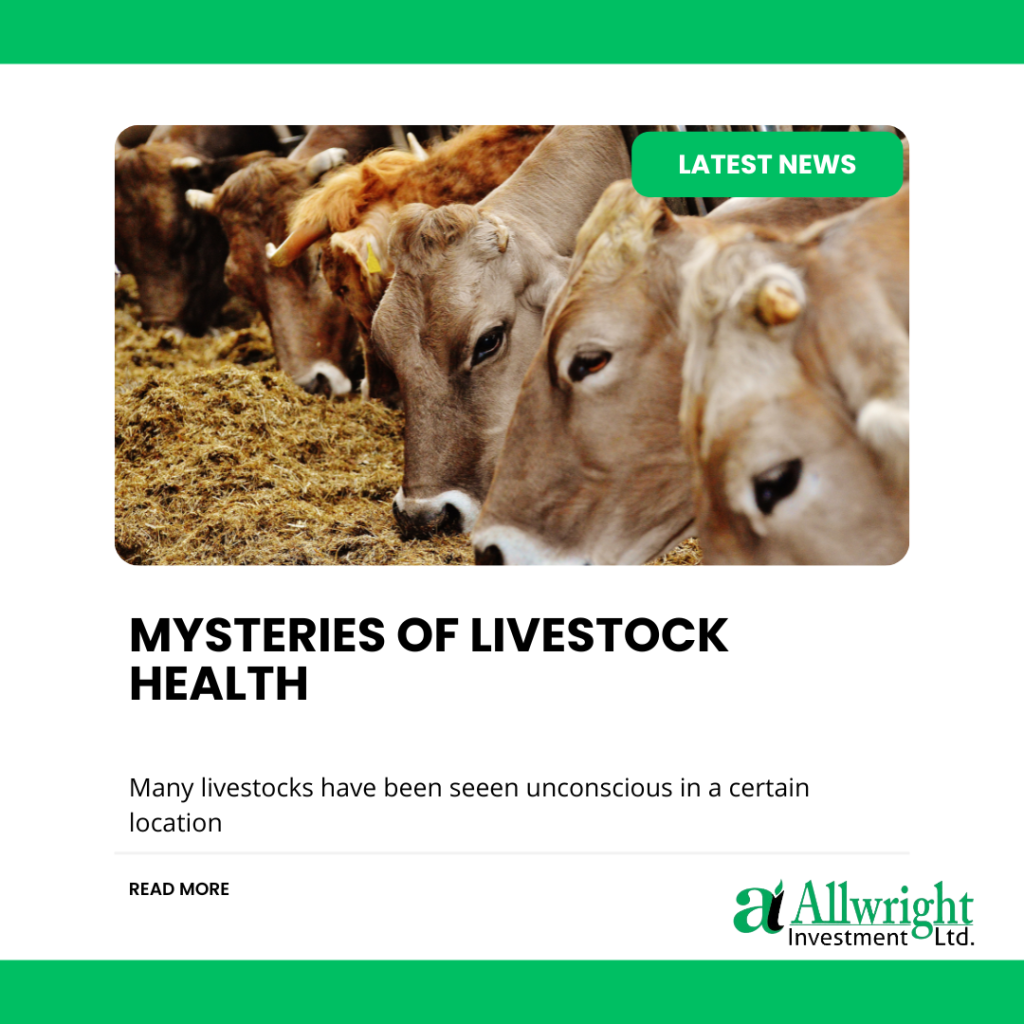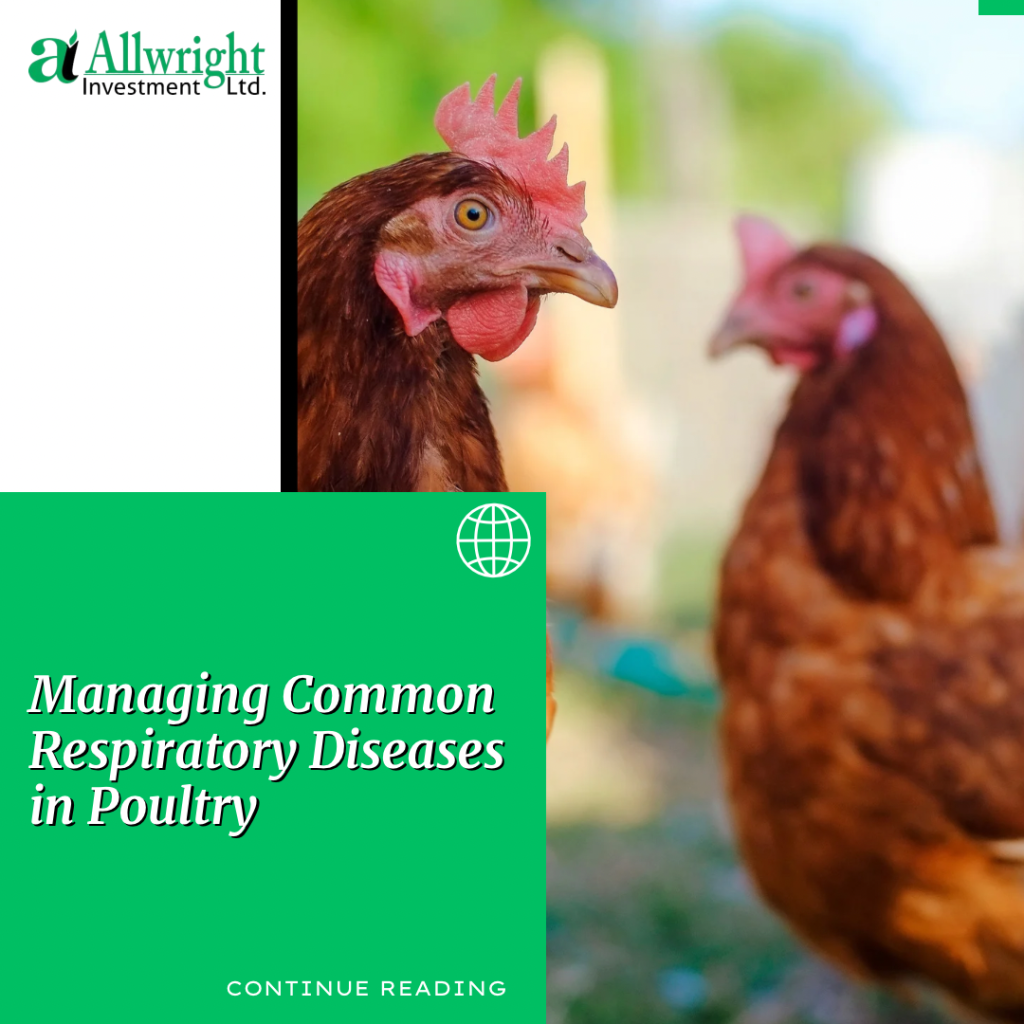Managing Stress in Livestocks
Stress in livestock can arise from various sources, including environmental factors, management practices and social interactions.
Common stressors include transportation, changes in diet, overcrowding, and exposure to extreme weather conditions.
When animals experience stress, it affects their immune system, making animals more susceptible to diseases and reducing their overall productivity.
Stress can manifest in various ways in livestock, ranging from behavioral changes to physiological symptoms. Some common signs of stress in animals include decreased feed intake, weight loss, restlessness, increased aggression, and reduced reproductive performance.
It is important to recognize these signs early on and address the what is causing them to prevent further complications.

Strategies for Managing Stress in Livestock:
- Provide Adequate Housing and Facilities: Ensure that livestock have access to clean, well-ventilated housing with sufficient space to move and interact with their environment.
- Implement Proper Handling Techniques: Avoid rough handling, shouting, or using excessive force, as these can increase stress levels.
- Maintain Consistent Management Practices: Establishing a predictable routine for feeding, watering, and other management activities can help reduce uncertainty and anxiety in livestock.
- Provide Nutritious Diet and multivitamins : Proper nutrition is essential for supporting the overall health and resilience of livestock. Ensure that animals receive a balanced diet rich in essential nutrients and have access to clean, fresh water at all times. And providing them with multivitamins help nutritional deficiencies or imbalances can compromise immune function.
Managing stress in livestock is essential for maintaining their health, welfare, and productivity.



